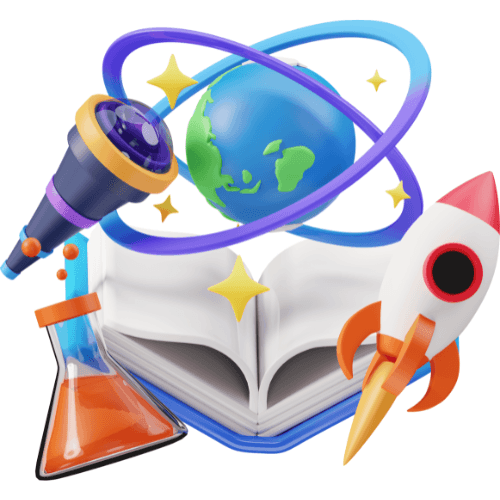What Unconventional Wisdom Have You Gained in Science?
Delving into the world of science often leads to unexpected insights and wisdom. We've gathered four unique perspectives from professionals including a research scientist and a soil scientist. From embracing patience and flexibility to valuing interdisciplinary collaboration, discover the unconventional wisdom they've learned through their scientific endeavors.
- Embrace Patience and Flexibility
- Acknowledge Observation Limits
- Understand Your Scientific Tools
- Value Interdisciplinary Collaboration
Embrace Patience and Flexibility
In my journey as a scientist, learning extends far beyond the confines of laboratories and research papers. Through my experiences, I've garnered not just scientific knowledge but a wealth of unconventional wisdom that permeates various aspects of life and work. Patience, a virtue often overlooked in the fast-paced quest for results, has revealed itself to be a cornerstone of successful scientific inquiry. The nature of scientific research—fraught with uncertainties and unexpected turns—has taught me the indispensable value of flexibility. Being able to adapt and pivot in the face of evolving hypotheses or unforeseen obstacles is not just a skill but a necessity.
Accepting failures is another profound lesson. In a field where the pursuit of truth is the ultimate goal, failures are not merely setbacks but stepping stones. Each failed experiment or hypothesis refuted adds a piece to the mosaic of understanding, guiding us toward clearer insights. This perspective transforms the daunting face of failure into a catalyst for growth and perseverance.
Perseverance, or the resolve to never give up, is arguably one of the most powerful lessons I have learned. Contrary to the expectation of immediate results, science is a slow, iterative process. The path of scientific discovery is rarely linear or predictable, and it is this tenacity that pushes the boundaries of knowledge, driving breakthroughs and innovations.
Beyond the individualistic aspects of science, I have delved into the domains of human ethics, a critical yet often underappreciated dimension of our work. Ethical considerations shape our research methodologies and influence the implications of our findings, reminding us of our responsibilities not just to science but to society at large.
Knowledge sharing stands out as a pivotal element of scientific progress. The act of sharing findings, methodologies, and insights fosters a collaborative environment where collective intelligence thrives. It is through this exchange that science advances, transcending individual achievements to become a shared endeavor.
In essence, the unconventional wisdom gleaned from my scientific career encompasses a spectrum of lessons that transcend the boundaries of traditional scientific learning, embedding deep insights into patience, adaptability, resilience, ethics, collaboration, and community within the fabric of my professional and personal ethos.

Acknowledge Observation Limits
I had 10 years of field science experience. I was convinced that as a professional observer, I was seeing all there was to observe. I made it a point to look for every pattern and trend. I was greatly humbled when it occurred to me that all of us, even myself, are only capable of seeing what we are looking for. In truth, the number of observable traits is infinite, and we choose from experience which of those traits to ignore and which to note. It is a good thing to limit observations; we would never make any headway attempting to observe absolutely everything. It is also a bad thing, limiting what you observe to only what you currently think is important.
Understand Your Scientific Tools
I'm not sure if this counts as unconventional wisdom, but I believe in understanding your tools. Your work relies on the equipment you use, so it's crucial to be familiar with it. Learn how to troubleshoot common problems, keep spare parts handy, and stick to a preventive-maintenance routine. It may seem basic, but reading the user's manual can be your secret weapon, saving you from hours of head-scratching in the future.

Value Interdisciplinary Collaboration
One unconventional wisdom in science I have gained in my research experience is the value of interdisciplinary collaboration. Many groundbreaking discoveries emerge at the intersection of different fields, highlighting the need to break down traditional silos and foster collaboration across disciplines. Additionally, the concept of "good enough" rather than perfection is vital in scientific endeavors.
Striving for perfection can sometimes hinder progress, whereas accepting a solution that is "good enough" allows for iteration and advancement. Another key insight is the importance of failure. Contrary to the perception of failure as negative, it's often a crucial part of the scientific process, leading to unexpected discoveries and insights. Finally, embracing ambiguity and uncertainty is essential. In complex systems, certainty is often elusive, and acknowledging uncertainty can lead to more robust and nuanced scientific conclusions.


